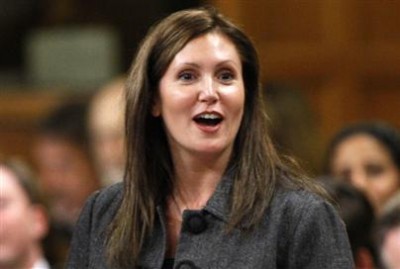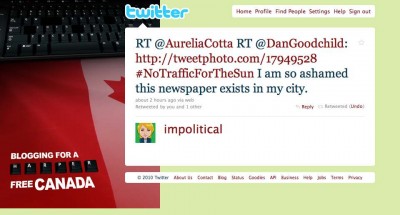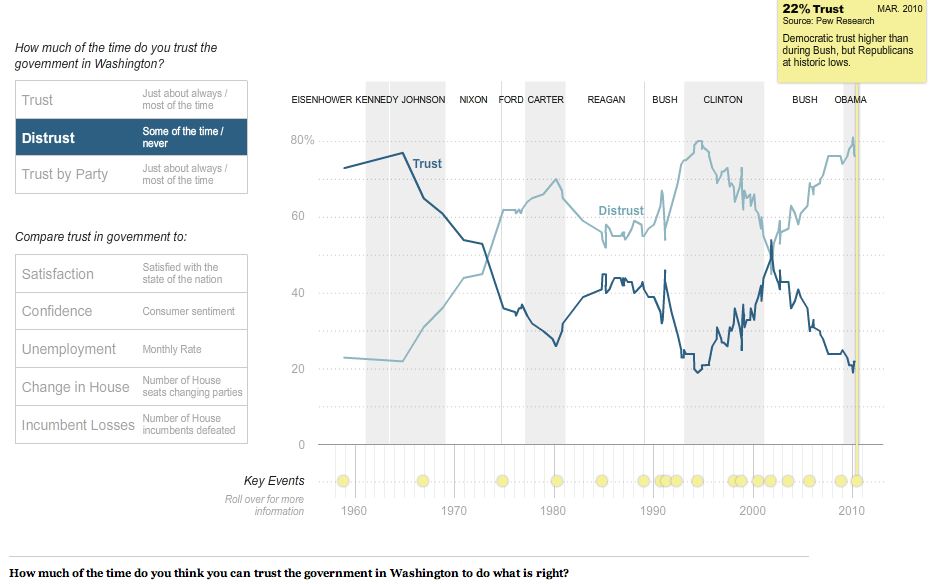
A recent report from Pew has an interactive map on perceptions of trust of the government. There are also key events that attempt to contextualize the trends, as well as charts with changes in the House and incumbent losses. In 1992, Clinton inherited slipping trust from George H. W. Bush and Reagan inherited low, but rebounding numbers from Carter.
Should we expect a bloodbath in this fall’s midterms?
I think both parties need to be concerned, particularly given the trends on this chart::
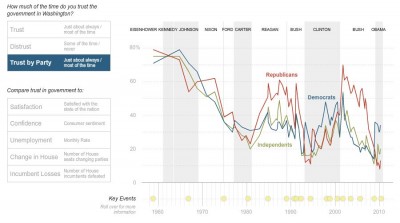
Under George W. Bush, trust was in freefall for everyone in his second term. In my opinion, there was a perfect storm, which literally involved a storm. Katrina hit in 2005 and the conservative coalition started to break down, which I think became evident in the Harriet Miers nomination for the Supreme Court. The 2006 midterms with a surge of Democrat wins and Obama’s election in 2008 served to further cause Republicans to have less trust in the government.
Politicians on either side of the aisle should heed the antecedents of trust, in order to increase the odds of getting votes. In my opinion, negative rhetoric that doesn’t address increasing trustworthiness for a focal candidate is a danger.
What are the drivers of trust?
I’m working on a paper on organizational trust, based on the social psychology literature. The three antecedents of trust my co-author and I are using are::
- Ability
- Integrity
- Benevolence
These are subject to contextual constraints, i.e., the current economy and the political zeitgeist which is up in the air regarding big or small government. The challenge is to craft a strategy to build trust. In a sense, Obama’s reaching across to Republicans should be appealing to benevolence, but it’s not. It may be overshadowed by integrity and ability, which given the economic woes will be hard to convince Obama’s detractors that his policies are leading us in the right direction, given the credence qualities {hard to gauge efficacy even after implementation} of economic policy. If obama and the Democrats don’t realize that this is a battle of “communication” that needs to be addressed quickly, expect losses in November.
Twitterversion:: New Pew study shows trust of the government at only 22% and for Republicans an all-time low. How can social psych. inform political strategy? @Prof_K
Song:: KMFDM-‘Trust’

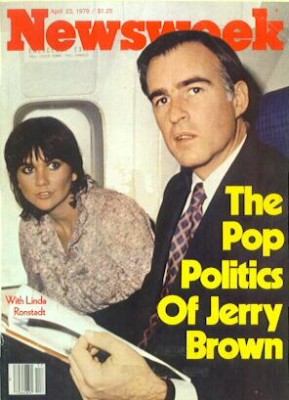

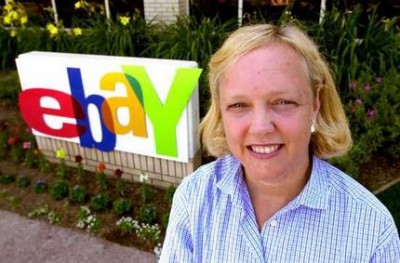
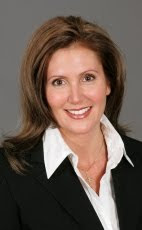

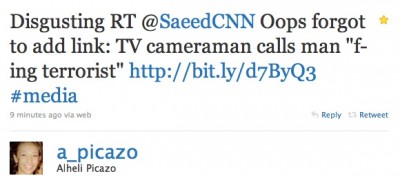 An Australian TV cameraman, Simon Fuller, was aggressively stakerazzing a riot suspect and his father outside of a courthouse. There were two camera crews from two different stations. The father of the suspect asked the cameraman of one of the crews to stop following them 25 times. What was meant to be a parting shot, Fuller called the father “a fucking terrorist.” Fireworks ensued with the son calling Fuller out on the terrorist slur. While Fuller apologized at the time, the damage was done. Some argued that given the gravity of the offense and the timing and context of the altercation, the apology wasn’t appropriate. The exchange was aired by Channels 7 and 10, but was edited in a way that that painted the father as hostile.
An Australian TV cameraman, Simon Fuller, was aggressively stakerazzing a riot suspect and his father outside of a courthouse. There were two camera crews from two different stations. The father of the suspect asked the cameraman of one of the crews to stop following them 25 times. What was meant to be a parting shot, Fuller called the father “a fucking terrorist.” Fireworks ensued with the son calling Fuller out on the terrorist slur. While Fuller apologized at the time, the damage was done. Some argued that given the gravity of the offense and the timing and context of the altercation, the apology wasn’t appropriate. The exchange was aired by Channels 7 and 10, but was edited in a way that that painted the father as hostile.